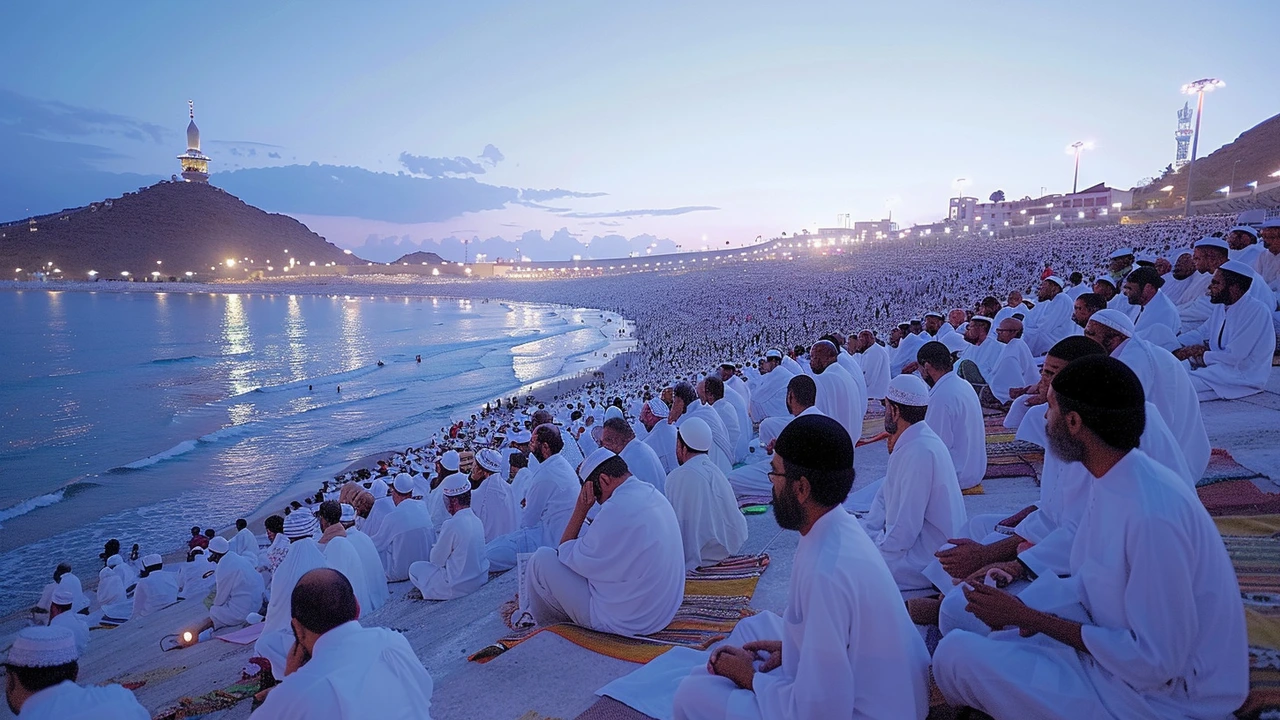Pilgrimage: Practical Guide to Planning Your Spiritual Journey
Thinking about a pilgrimage? Whether you’re heading to a sacred site nearby or travelling across borders, a little planning makes the trip calmer and more meaningful. This guide gives hands-on tips you can use right away—what to pack, how to stay safe, and how to respect local customs.
Plan the trip the smart way
Start by picking dates and the main purpose of your pilgrimage. Is it about worship, quiet reflection, reconnecting with family, or a mix? Once you know that, sort the basics: passport and visas, necessary permits, and any entrance rules for holy sites. Book transport and accommodation early if your destination gets busy around holy days.
Budget for fees and unexpected costs. Small expenses like donations, local guides, or spare transport can add up. Keep a list of emergency contacts—local embassy, medical facilities, and someone back home who knows your plan.
Health, safety and what to pack
Check health requirements well before you travel. Some countries require vaccines or entry certificates. Carry a basic first-aid kit and any regular medicine in original packaging. If your pilgrimage involves long walks, break in your shoes and bring blister care.
Pack light and practical. Here’s a checklist you can copy:
- Valid ID, copies of passport and visas, and travel insurance details
- Comfortable shoes, sun hat, lightweight rain jacket
- Reusable water bottle, snacks, and electrolyte sachets
- Modest clothing suitable for religious sites (cover shoulders and knees)
- Portable phone charger, local SIM or data plan, paper map or directions
- Small torch, foldable daypack, and a money belt or hidden pouch
Keep valuables to a minimum. Use locks for luggage and don’t leave bags unattended.
Respect local rules. Many sacred sites have dress codes, silence areas, or photography limits. Ask before taking pictures. If you’re joining rituals, follow local cues—observe how others behave and copy them.
Find quieter moments. Pilgrimage isn’t just about arriving; it’s about what you do on the road. Plan blocks of time with no phone, short walks for reflection, and simple journaling to capture what matters to you.
If you’re travelling in a group, agree on meeting points and a schedule. For solo travellers, tell someone your itinerary and check in at set times. Local guides can add context and safety—hire one when routes are unclear or crowds are large.
When you return, give yourself a calm day to process the trip. Sort photos, write down key moments, and consider small rituals to keep the experience alive at home.
Ready to start planning? Pick a date, make a checklist, and take the first step. A well-planned pilgrimage makes room for what matters most.
